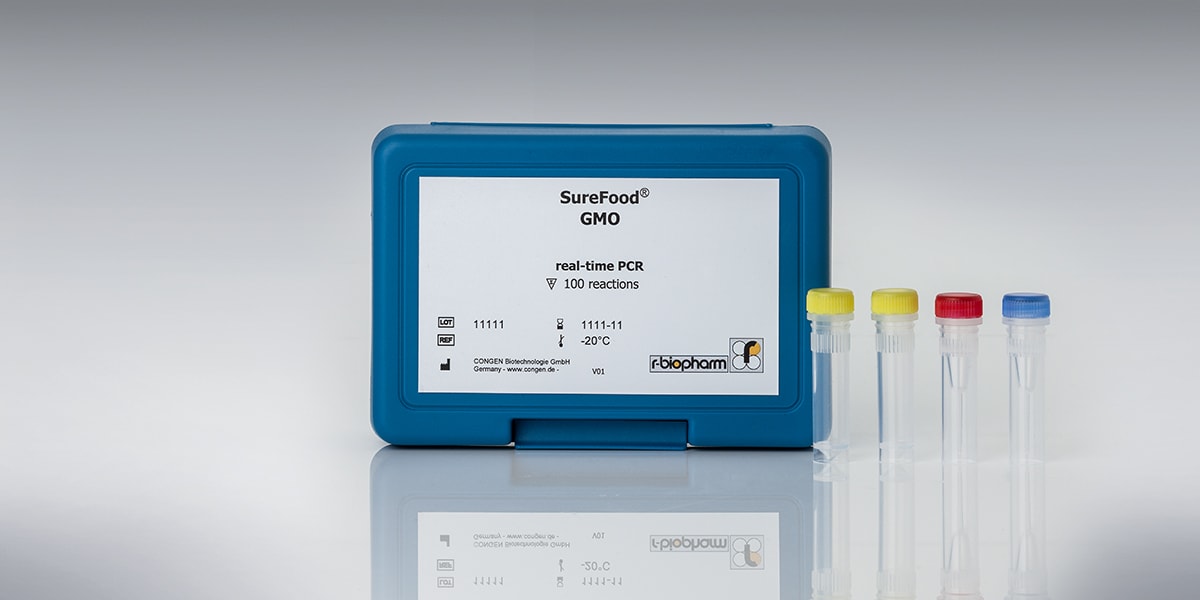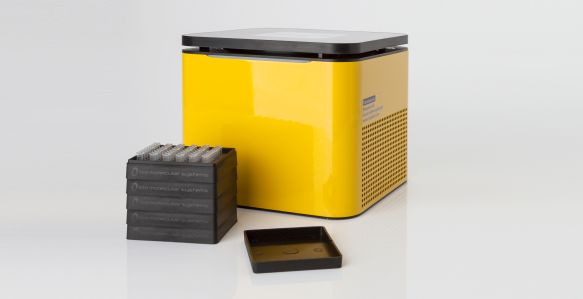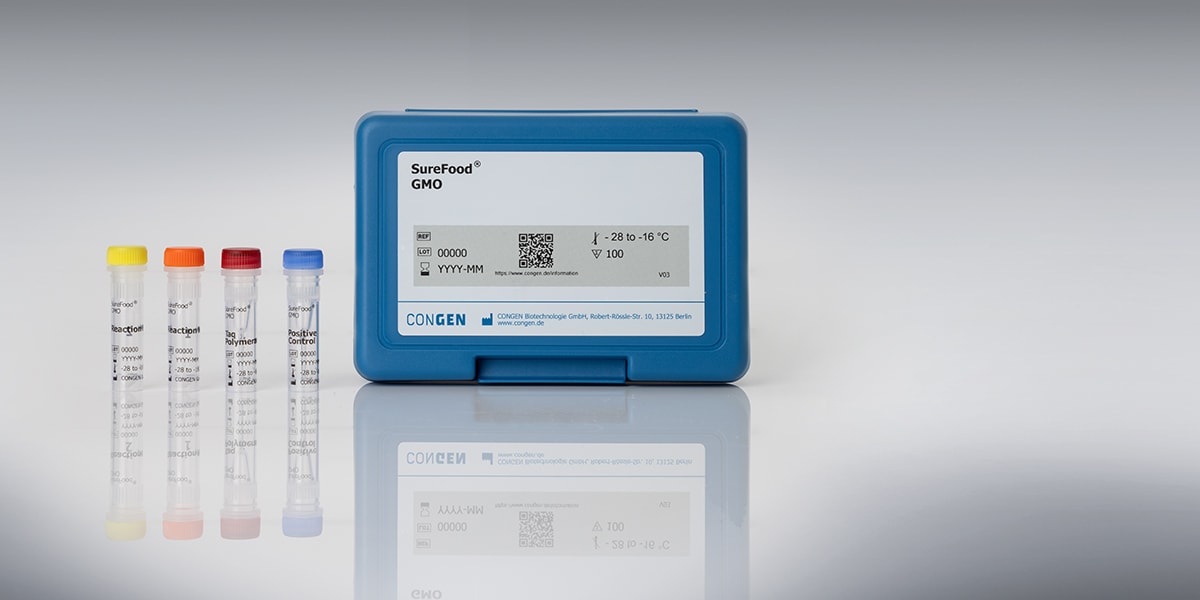
SureFood® GMO ID Bt63 Rice
Art. No. S2024
Product info about SureFood® GMO ID Bt63 Rice
Intended use
The SureFood® GMO ID Bt63 Rice is a real-time PCR for the direct, qualitative detection of a specific genetically modified Bt63 rice DNA sequence. Therefore, the kit contains a construct specific real-time PCR system for the Bt63 rice (OECD unique identifier HZU-HHØØ1-9).
The specific detection is according to method published by: D. Maede et al.; European Food Research and Technology, 224:271-278 (2006) and therefore according to Commission decision 2008/289/EC.
General Information
The real-time PCR assay can be performed with commonly used real-time PCR instruments. The technical verification of instruments was performed on Roche LightCycler® 2.0, Roche LightCycler® 480 II, Qiagen Rotor-Gene Q, Roche LightCycler® 1.5, Eppendorf realplex, Bio-Rad CFX96, R-Biopharm RIDA®CYCLER and Agilent Mx3005P.
Accessories
Dear customers,
we provide the documents for our products in an electronic format which include the Instructions for Use (IFU), the Safety Data Sheets (SDS) and the Certificate of Analysis (CoA). For batches placed on the market after 01. January 2024, you can find our documents on the eIFU portal eifu.r-biopharm.com/food.
| Specifications | |
|---|---|
| Art. No | S2024 |
| Test format | 2 x 50 reactions |
| Sample preparation | For DNA-preparation of raw material the use of SureFood® PREP Basic (Art. No. S1052), SureFast® Mag PREP Food (Art. No. F1060) and for highly processed food and feed the use of SureFood® PREP Advanced (Art. No. S1053) is recommended. SureFood® PREP Add On (Art. No. S1055) is intended to be used for the extraction of DNA from raw materials as well as processed food and feed with sample weight of 2 g. It is used in conjunction with the SureFood® PREP Basic. |
| LOD (Detection Limit) | The SureFood® GMO ID Bt63 Rice assay has a limit of detection of ≤ 5 DNA copies. This is equivalent to approx. 0.01 % for unprocessed rice grain. The assay limit of detection depends on sample matrix, processing grade, DNA preparation and DNA content. |
| Files | |
|---|---|
| Instructions | German/English |
| MSDS | Statement-MSDS-12-22-NG.pdf (English) |



